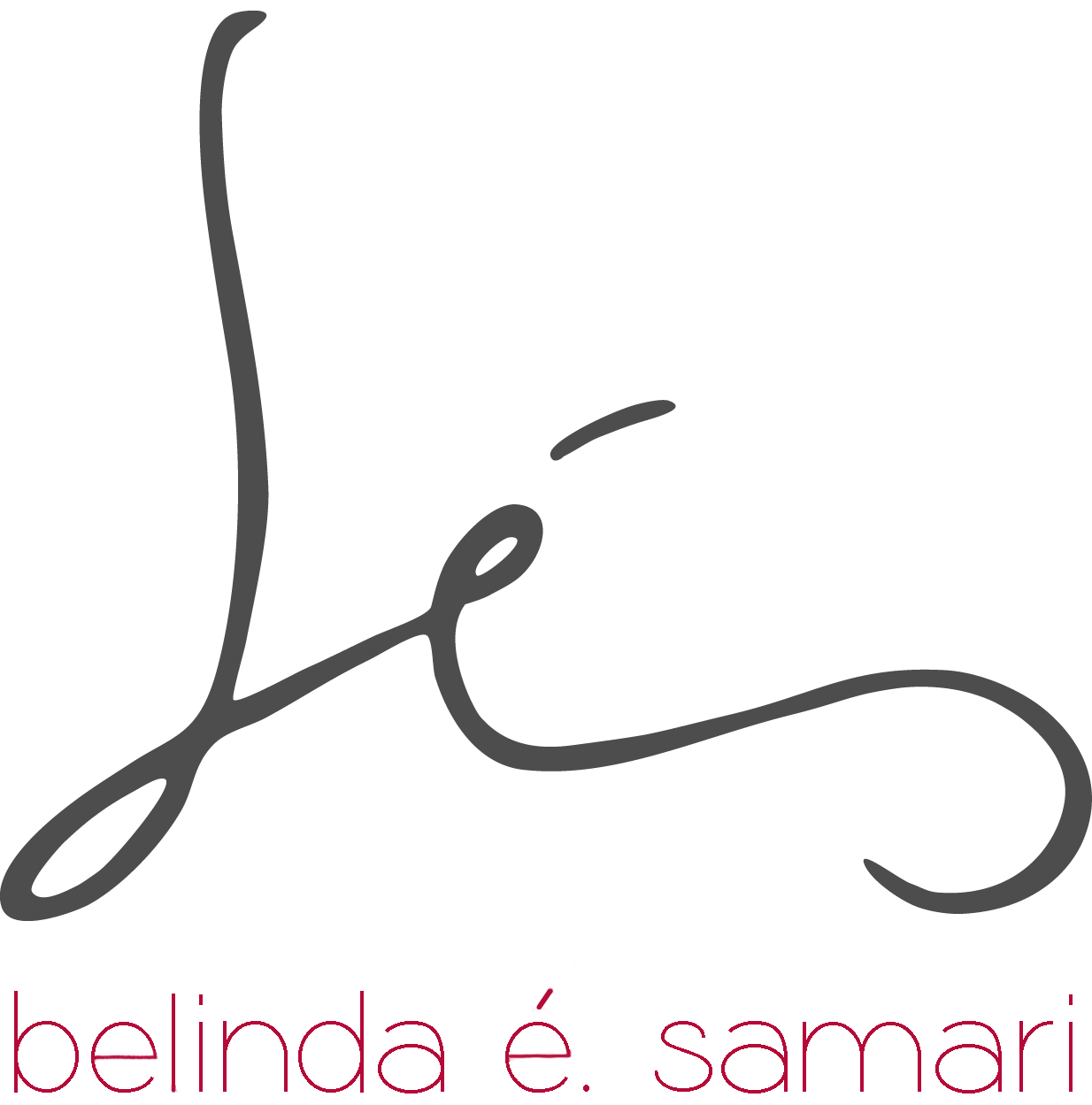BODY
We value words very much. And rightly so. They are irreplaceable. But they are not enough.
There comes a time in our lives when we discover that words are not enough. We rummage through our sac and we do not find the ones we are looking for, ones that would adequately articulate our experience. Even the ones that we do happen to pull out in our rummaging do not seem to stretch far enough, though we do our best to try them on for size. You might ask: how do we know what we are looking for if we cannot find it in the words we know? That is a very good question. To frame it slightly differently, consider the tip-of-the-tongue phenomenon before we move on. That is the feeling you have when you know the word you want to say, it is on the tip of your tongue, and yet you cannot bring it to mind. You know you know it, but you cannot utter it! How do you know that you know it if you cannot say it?
The short answer is because our way of knowing – ourselves and the world – is more complex than we realize. It exceeds the layers of spoken, written, ‘word’ language where we usually operate. One way to imagine it might be like this: words grow on the surface and they have roots that reach deep into a soil that has nothing to do with words whatsoever.
So how do we know without being able to articulate whatever that happens to be (thoughts, emotions, desires, etc.)? We know because there is a way of knowing that exceeds out ability to think our way through the world. Even using words in order to attempt to explain something that has nothing to do with words is quite paradoxical! What we are talking about is the world of the senses, of the body as the primary way of knowing, of being in the world. What do I mean? To best understand this let’s go back in time and consider ourselves as infants.
When we are babies how do we ‘know’ the world around us? Our knowledge at that stage is what psychology calls implicit knowing. It is not cognitive function per se, we are not thinking yet. Rather, it consists of the physiological, social and behavioural regulation and interaction that is carried out between our parents (or caregivers) and ourselves. As our parents engage with us over and over again, we ‘remember’ this, and it becomes the blueprint of our understanding of relationships, of how the world functions and our place in it. This knowledge is based on our history of how to be with another, and it is based on emotion, sensations and action. It has nothing to do with words or symbols. It is knowing through the body.
The interesting thing is – and this often gets overlooked – implicit knowing is not more ‘primitive’ even though it is not language-based. It is not replaced when we learn to speak, and that knowledge we acquired does not transform into language later on in our development. Back in March we considered the Assyrian night sky and how it provided a continuity between us and those who lived thousands of years ago. We considered what provides continuity in our own identities which evolve and yet are somehow the same over the years. Well this implicit knowing is a key part of that continuity of self. In other words, no matter our age or how we grow, we retain this intuitive knowing of the world throughout our lives. Sadly, it often gets overshadowed by language-based knowing. Engrossed in words, we shed our bodies, forgetting their primacy in our being in the world. We forget its richness and what it has to teach us about ourselves and the world. You can experiment with this and become more aware of how you feel in your body in certain situations, conversations, in the presence or company of certain people.. your body will tell you if you listen.
Now that you have read this, pause for a moment... Take a deeeeep breath in, feeling it fill your lungs and whole body... Let it out slowly… What if that could be the beginning of bringing you back into your body, a journey of rediscovering the world in a completely new way?
(c) Belinda É. Samari
RECOMMENDATIONS
ONLY ACCESSIBLE TO THE CREATIVE EXPEDITION CREW.
For those of you who are part of the creative expedition, be sure to check out my other recommendations in your newsletter. If you are not already part of the crew, join the creative expedition (bar at the top of this page) and regularly receive inspiring, informative and practical content in your inbox. Experience the full benefit of the journey!

